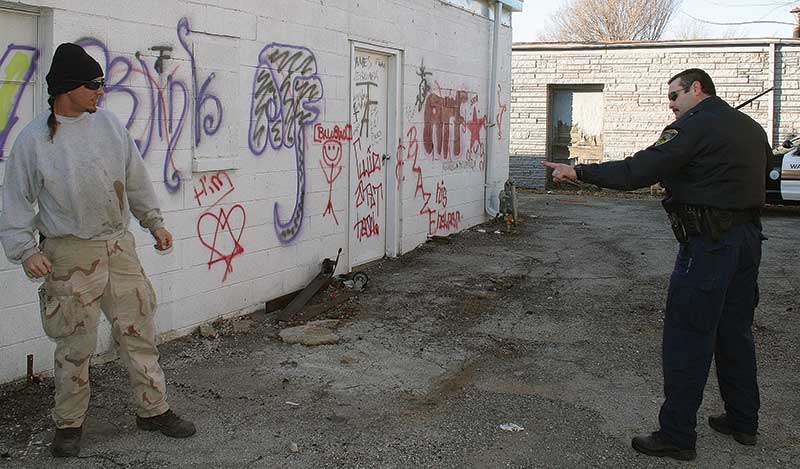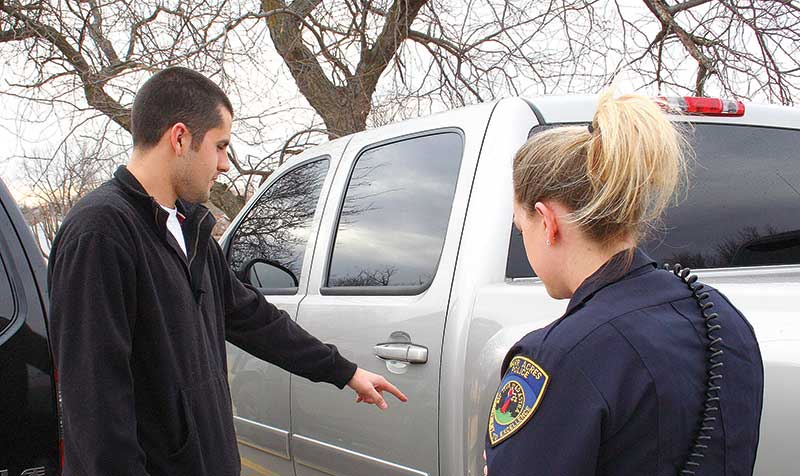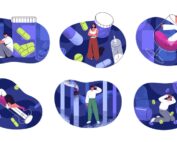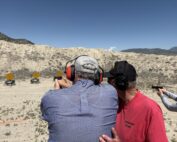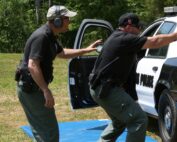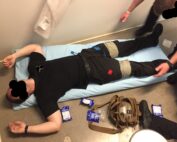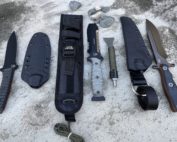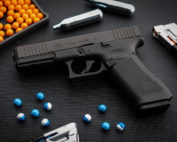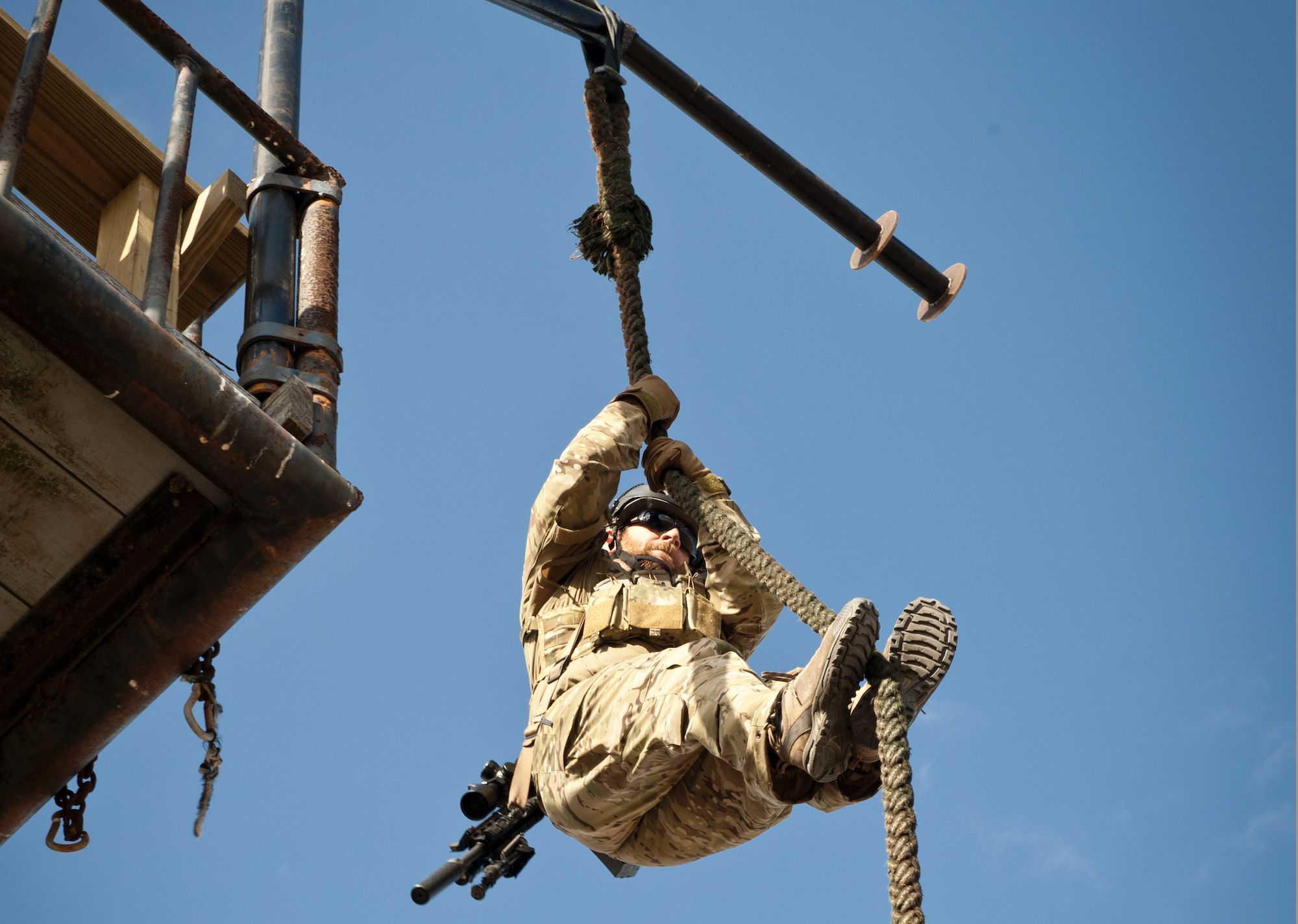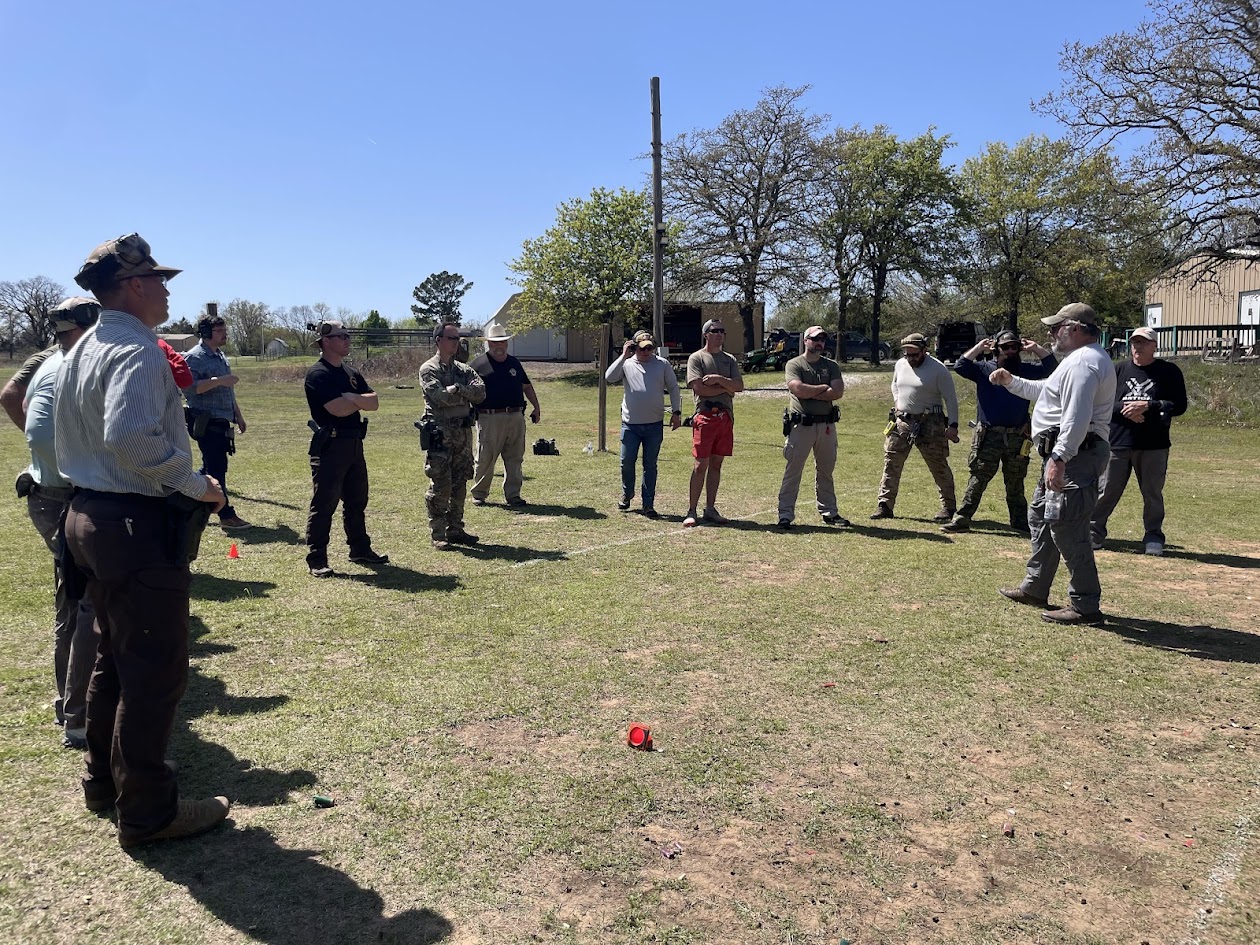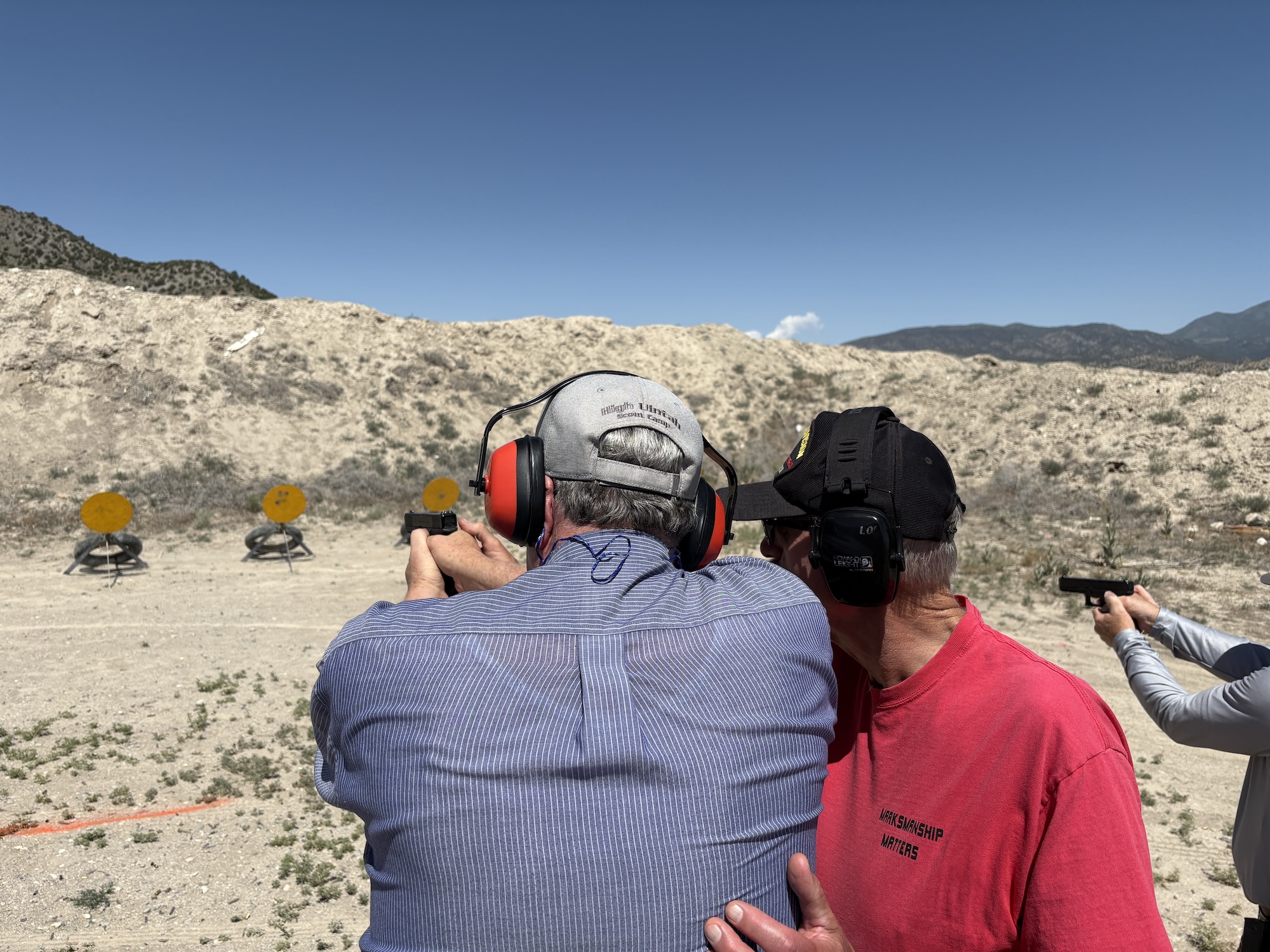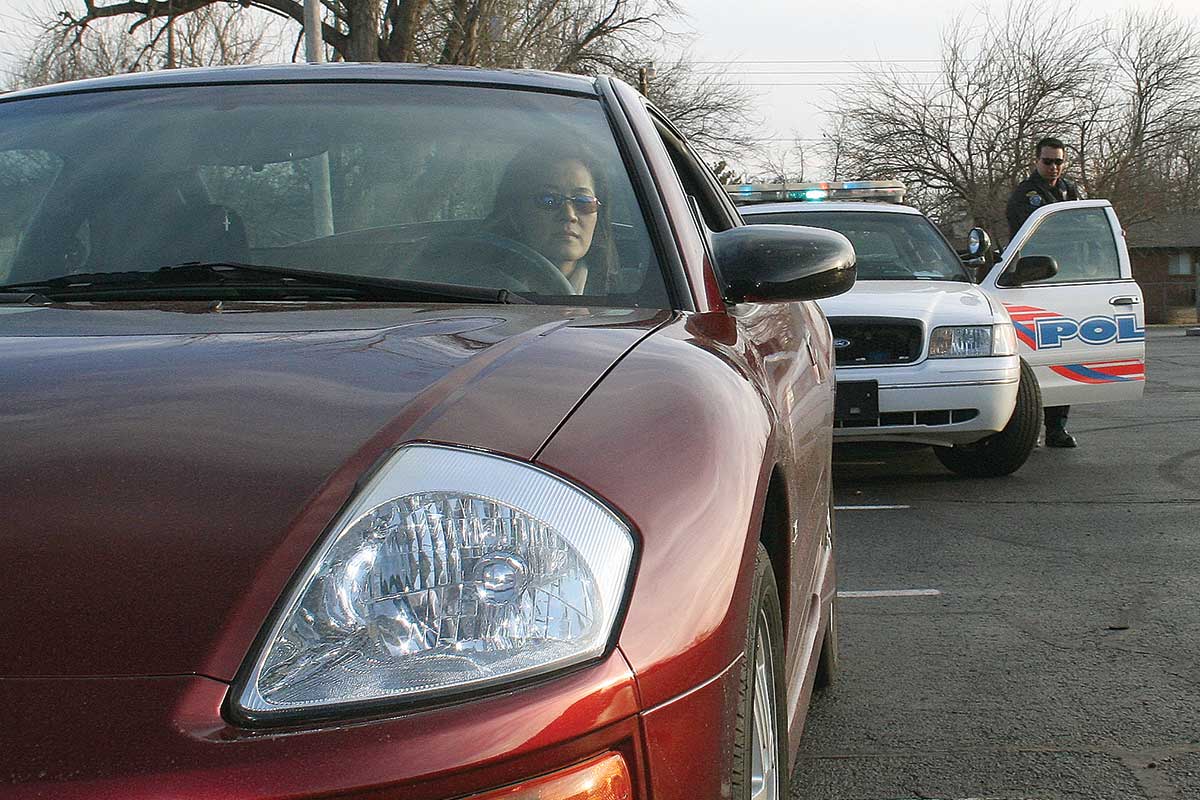
AC-SO09-Behavior-5-800
The vast majority of what we do as police officers is to interact with people. So it’s safe to say our inter-personal and communication skills will dictate our effectiveness. Any of us who’ve been on the job for any length of time know an officer who can come into almost any situation and calm people down — and get them to do what they want them to do — simply by their presence, manner, and skillful choice of words. Conversely, we all know that one officer who — almost without exception — can make any situation worse.
Ideally, officers should learn to use an understanding of human nature, psychology, and ego to control situations, conflict, and to elicit cooperation. Entire volumes could be written on the subject, but I’ll touch upon a few focal points to convey the basic tenets. But nobody should expect officers to tolerate blatant disrespect from the people they contact. Once they’ve demonstrated that they’re not worthy of respect, you’re similarly not obligated.
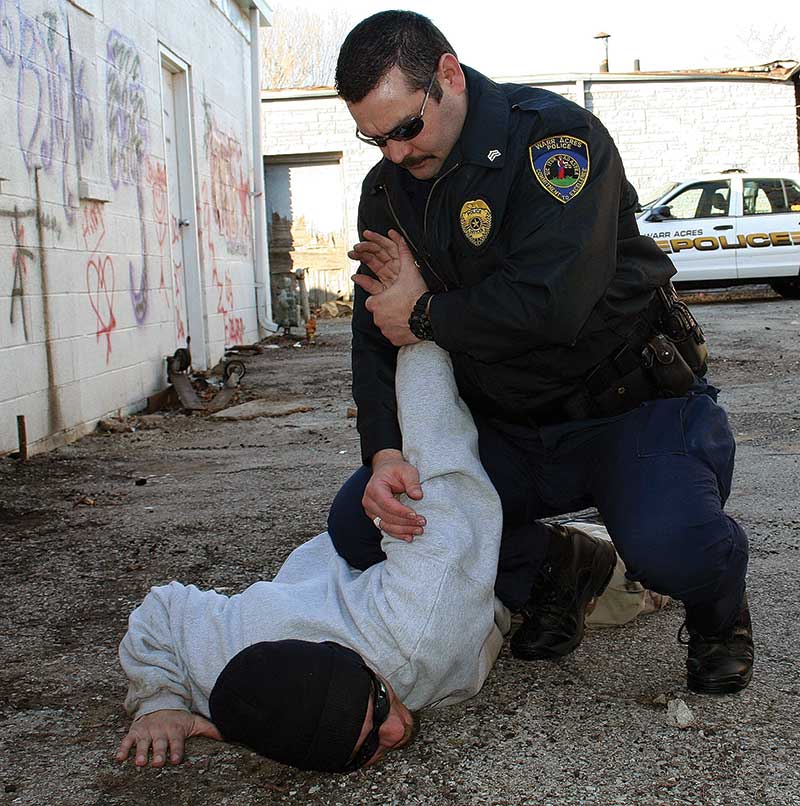
Taking physical control of a subject is sometimes unavoidable — but with a cool head, it may not need to come to this.
INITIAL CONTACT
As cliché as it sounds, first impressions are lasting ones. How you first approach someone can likely set the tone for the rest of the encounter. Philosophically, this involves not only an understanding of behavior, but also of common manners and ethics — the Golden Rule is in effect here. Treat others as you’d want an officer to treat you — or better yet — your wife, brother, daughter, or mother. Common courtesy and consideration goes a long way with most people, and being polite shows professionalism. So, it’s easy to understand why, “hey, you!” is likely to result in a less positive, productive interaction than, “Sir, I’d like to have a word with you, please.” Regardless of that, we all know courtesy simply doesn’t work with some folks — and of those — many will interpret kindness as weakness. Once they demonstrate they’re unworthy of your courteous regard, other methods of interaction become necessary. Understand if your initial approach is one of professionalism and respect — when the other guy fails to reciprocate — you’ll retain credibility when things go downhill.
“There are documented cases of cop killers who’ve said they at-tacked one officer but not another because they could tell the one knew what he was doing.”
With regard to traffic stops, one way to head off arguments or confrontations is to take control from the outset — in a way that’s not offensive. For in-stance, the trouble starts when a driver asks, “Why are you stopping me?” A better approach might be, “Good evening, sir, the reason I stopped you was because my radar showed your car at 55 mph in a 40 mph zone. I need to see your license and insurance verification, please.” This cancels out the initial objection with a greeting that sets the tone for the stop; at once it answers the first question that’s on the mind of the offender, removing the need for the inquiry. You’re asking the questions here, right? Let the violator articulate their excuse — you may see it as a waste of time, but it makes them feel better, thereby increasing the chances of a smooth contact. If you’re writing a citation for a lesser offense than you could have — sell it that way — they’ll probably thank you for it. And remember — either write the ticket or lecture them — but never, both.
INHALE — EXHALE — REPEAT
Don’t let them get you angry — you can’t think as clearly and objectively, you develop tunnel vision, and you’re not as articulate. Don’t let them suck you into their game — you need to own the game — you’re not at your best when you’re infuriated. Newer officers have a tendency to get overly excited in anticipation of arriving at a priority call, again resulting in an inability to think on their feet — and often — an over-blown response, the aforementioned tunnel vision, and a general tendency toward mistakes. One way to avoid this is visualization.
While en route, mentally calm your-self. Take slow, deep breaths through the nose, letting the air out slowly through pursed lips. Tell yourself you have the training and the smarts to handle the situation, and you’ll break it down and take it step-by-step when you arrive — as much as is feasible — you know what to do. Visualize arriving at the call — cool and calm — methodically handling the situation. Don’t get ahead of yourself. If you surrender to the flight or fight syndrome, heart pounding and ready for a fight, that’s probably all you’ll be ready for.
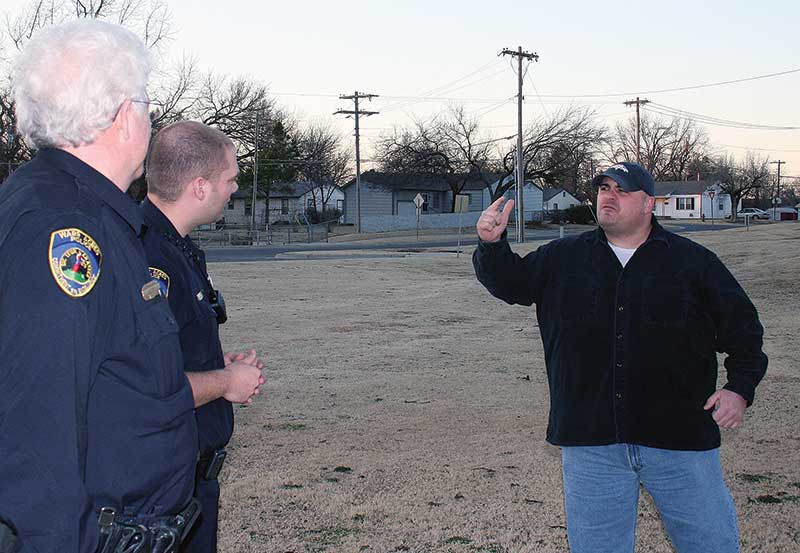
Some people are hostile towards cops — for a myriad of reasons — know-ing how to handle them to elicit their cooperation is crucial.
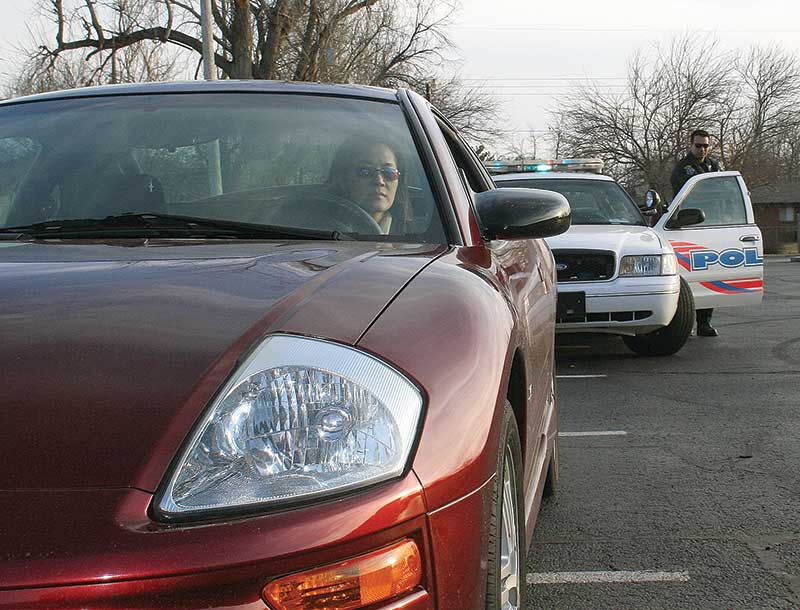
A violator’s emotions can range from nervousness and fear to anger, resentment, and indignation. Explaining the reason you stopped them at the outset of the contact can help alleviate some of stress.
OPTIONAL DELUSIONS
A certain level of cynicism is healthy, even necessary to be an effective police officer.
We can’t lose sight we’re here to help and protect our fellow man. If we allow ourselves to sink into the delusion everyone’s evil, worthless and/or against us, when we come into contact with them, we’ll fail to recognize those for whom we work. Equally delusional is the “Andy Griffith” syndrome in which we imagine everyone’s our friend. Crooks strongly resent us — duh — but deep down they know their faults and our duty to police them. You can be courteous and professional, but don’t lose sight of officer safety, and don’t get so invested in being nice you let your guard down.
We must manipulate not only the psychology of others, but our own as well. Many officers feel they’re there only to catch criminals and protect society from dangerous felons — that’s only a small part of the job — but we also help people. This includes more mundane tasks, such as taking reports, mediating disputes, following up on petty crimes or lending an ear to victims of lesser offenses. What’s small stuff to us is likely the most upsetting thing in their lives at that moment — they don’t see what we see every, single day. Endeavor to see yourself as a part of your community and approach your job as such.
TREATED AS YOU LOOK
Studies show people tend to respect and look to officers with a sharp appearance for authority. Do you need a wheelbarrow for that beer shed you’re lugging around? Chances are — if you look like a slob you won’t be taken seriously. Defense teams spend a lot of time and money understanding and manipulating the psychology of making their clients look like nice guys — you should use that same psychology to sell your appearance to the public. Keep a neat, clean, fit look to elicit a certain level of respect and credibility. Follow your tactics and procedures as you’ve been trained — and know your job. There are documented cases of cop killers who’ve said they attacked one officer but not another because they could tell the one knew what he was doing.
KNOW YOUR AUDIENCE
The axiom, “honey attracts more flies than vinegar” holds a lot of truth with witnesses, and sometimes suspects. Witnesses will typically be more cooperative and willing to help when you courteously speak to them as adults in-stead of with condescension. I’ve seen, first-hand, how a federal agent’s terse, patronizing manner earned him nothing but “duhs” and “I don’t knows” from a salty old sergeant, during a robbery series investigation. As soon as the agent left, the sergeant gave me the particulars of his investigation — and the agent’s holier than thou attitude didn’t garner him exceptional cooperation from yours truly either.
“With suspects, be smarter than they are
sometimes means giving them choices of their way out.
This lets them feel a sense of control and lets
them save face — and it often works.”
Have ease and establish a rapport with witnesses, if possible, before switching to an interview. This could mean the difference between one-word answers and an extensive, in-depth statement. When feasible, explain things — not to be confused with the moron who insists the situation be explained to him at gunpoint before complying. A large amount of animosity toward police is due to a lack of under-standing of our methods and training. If possible, explain why you did what you did, how it relates to safety and procedure, and what the logical rationale is. A reasonable person will understand this. With suspects, being smarter than they are sometimes means giving them choices of their way out. This lets them feel a sense of control and lets them save face — and it often works. The job we do is complicated and dynamic — it’s not always just a muscle job. Learning to use your head and understand what makes others tick to educe their cooperation is crucial for the savvy officer. Using psychology to good effect can make our jobs easier and more rewarding for the people we serve — and us.


 (No Ratings Yet)
(No Ratings Yet)